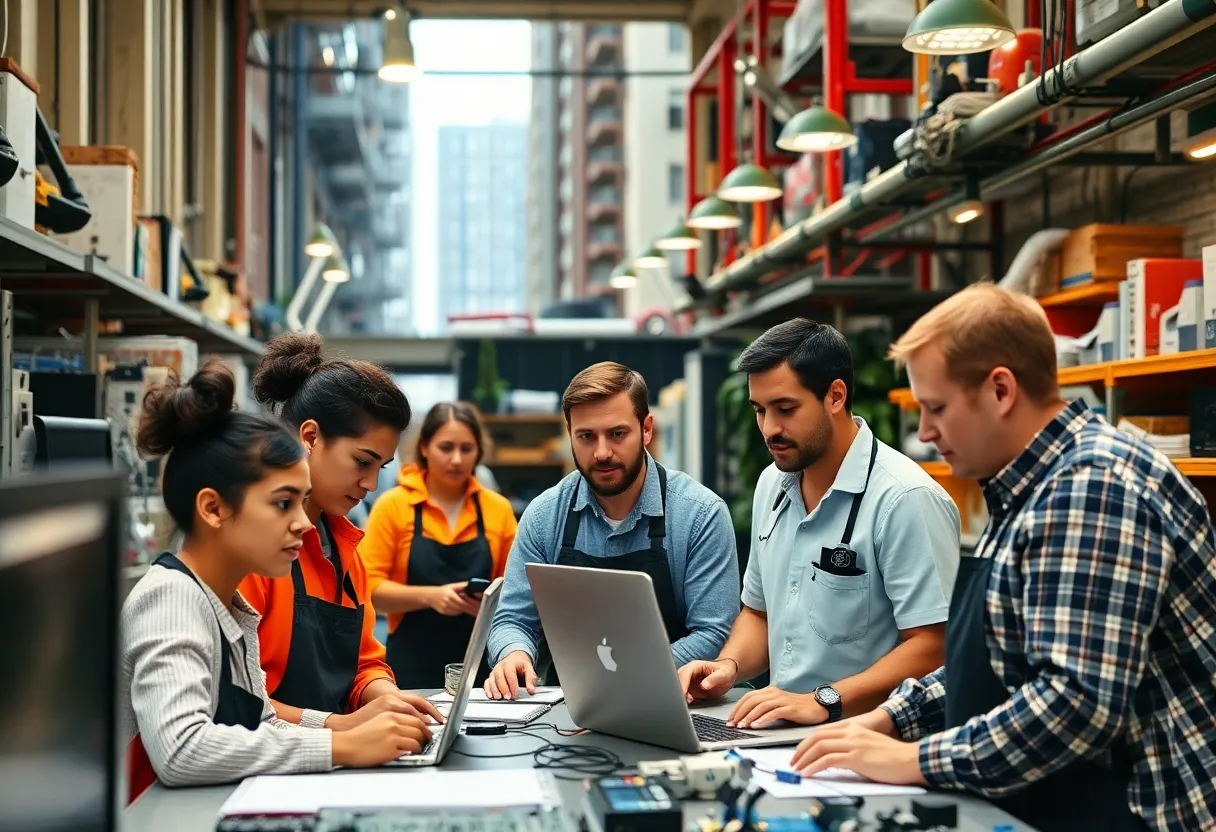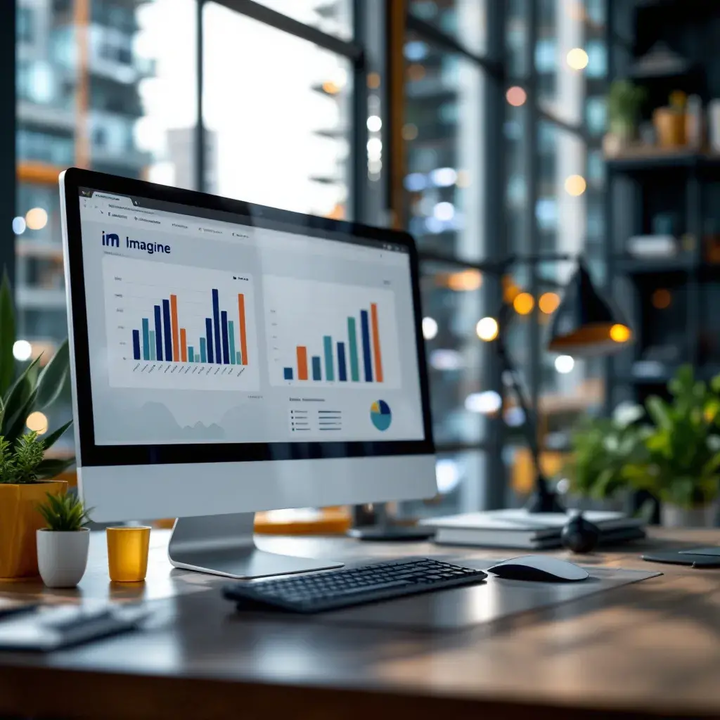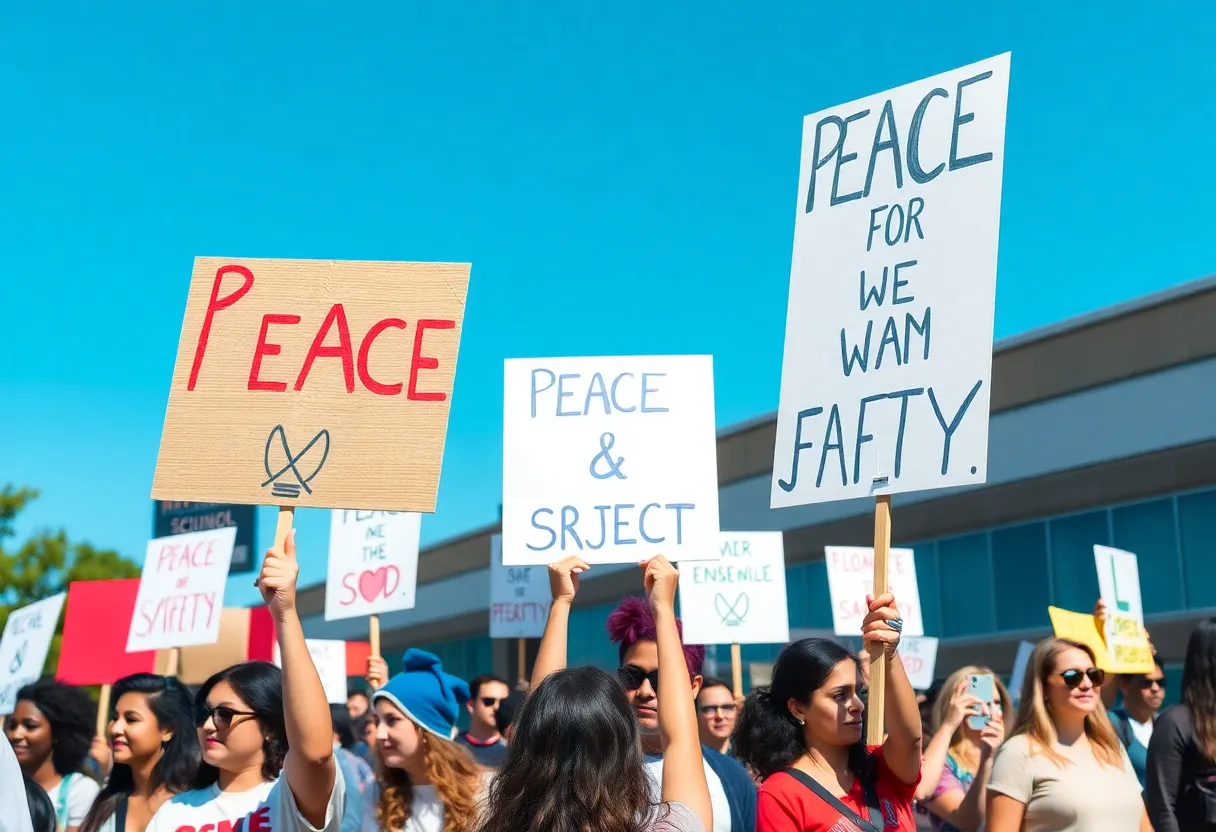News Summary
In a surprising turn, President-elect Donald Trump is now expressing support for H-1B visas, a program he previously vowed to end. As Texas sees a significant demand for skilled workers, industry leaders, including Elon Musk, advocate for maintaining these visas to fill the labor gap. Amidcontested debates over their impact on American jobs, many businesses argue H-1B visas are crucial for economic growth and addressing local workforce shortages.
The Winds of Change: Trump’s Evolving Take on H-1B Visas for Skilled Foreign Workers
In the bustling city of Austin, a fascinating shift is happening in the conversation surrounding H-1B visas, which allow highly skilled foreign professionals to work in the United States. Just a few years after pledging to end this program during his 2016 campaign, President-elect Donald Trump is expressing support for it. This change comes at a time when various sectors in the economy, particularly in tech-heavy Texas, are feeling the pressure of filling skilled jobs.
Industry Voices Express Support
Among the influential voices cheering for the H-1B program is none other than Elon Musk, who has been a key donor and ally of Trump. Musk’s backing on social media has added momentum to the argument for keeping the program intact. Industry leaders are echoing the sentiment that H-1B visas are essential to meet the growing demand for talent.
Local Workforce Challenges
In Texas, the situation is becoming increasingly urgent. Justin Yancy, President of the Texas Business Leadership Council, has pointed out that many industries are rapidly expanding but struggle to find enough qualified local workers. With “hundreds of thousands of open jobs” across the state, businesses are facing difficulties in filling highly specialized positions.
Filling the Skills Gap
Yancy argues that companies should have the ability to hire skilled foreign workers when local talent just isn’t available. This practice would not only keep businesses operational but also drive economic growth in local communities. Austin immigration attorney George Lobb underscores the necessity of skilled foreign talent, especially since the yearly cap for H-1B visas stands at 65,000.
The Faces Behind the Visas
Historically, most H-1B visa holders have been highly skilled workers from the tech industry or involved in research at universities. The program was created to help employers find suitable candidates for specialized roles when American workers are not accessible. Let’s face it, if they couldn’t find the right local candidates, who would step in to fill that gap?
The Big Picture: Economic Impact
There’s an argument floating around that reducing H-1B visas could stifle production and productivity. This concern comes from Lobb, who explains that these visas do more than just fill jobs; they also stimulate local economies through spending. Imagine a foreign tech expert moving to Austin, buying groceries, dining out, and contributing to the community—the economic ripple effect can be significant.
Immigration and Job Creation
Yancy also argues that immigration has traditionally been a boon for the U.S., as long as it’s managed effectively. Yet, the narrative isn’t without its controversy. Some Republican supporters contend that H-1B visas rob American workers of job opportunities, pointing to the complex balancing act policy-makers must navigate.
Job Markets and Hiring Trends
Interestingly, reviews show that only a smattering of H-1B visa holders are currently employed at this publication, with most boasting international education and work experience. What does this say about the job market’s current state and the readiness of American applicants to step forward? It certainly raises a few eyebrows.
Looking Ahead
Both Republican and Democratic figures agree that the H-1B program has its flaws and has faced abuse, leading to calls for reform from both the Trump and Biden administrations. This ongoing debate, however, has significant implications for the workforce and the economy as a whole. The questions that loom are crucial: What reforms will ultimately shape the future of H-1B visas? And how will that impact American workers moving forward?
As conversations evolve and industries adapt, it’s clear that the H-1B program will remain a critical topic in discussions about the future job market, immigration, and economic growth. Let’s keep an eye on how this unfolds and what it means for the great state of Texas and beyond!
Deeper Dive: News & Info About This Topic
HERE Resources
Additional Resources
- CBS Austin
- Wikipedia: H-1B Visa
- Silicon Valley
- Google Search: H-1B Visa Fraud
- Dallas Express
- Google Scholar: H-1B Visa Labor
- New York Post
- Encyclopedia Britannica: Trump H-1B Visa
- Times of India
- Google News: H-1B Visa Fraud Case








